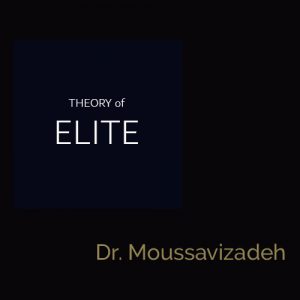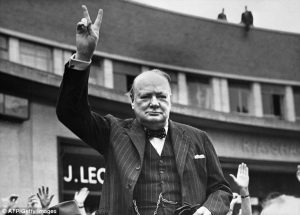Power, and Elite Theories
From these examples the conclusion will be that in order to be able to define public policy developments it is necessary to examine political authority’s influence and social factors. According to Nordinger ‘s argument, this is a ‘society centred’ response of power and social control by the elites which we shall examine closely under Lukes’s theory. Power and social control is exercised by a small number of well-organized social interests. Those interests have the ability to achieve their goals. “Public policy is a reflection of the preferences of their impassing constraints on the state”.8 They are referred to as power holders or elites.
Curiously enough until recently social scientists neglected the growth of state interventions and its role in relationship to groups and individuals. Only political science among established disciplines has had a mainstream approach and even that has been an examination of phenomena such as voting behaviour, electoral systems and pressure groups while ignoring the wider context within which these phenomena are located. As Wolfe has asserted, “if state power is even to be understood. the term itself must be brought back into existence: to resurrect the state is to make a political declaration about the certainty of organized political power in modern societies”.9
Consequently, in order to implement the policies effectively the civil service had to be organised on mare bureaucratic lines. This was viewed by many as a step forward towards the democratization of government. Bureaucracy gave the opportunity to talents to see a career in the administrative sections. Its establishment was a major aim of many nineteenth century liberals. “Bureaucratic administrations also appeared to provide constraints on the free use of governmental power. Bureaucracy operates according to deliberately constructed rules. These rules lay down a hierarchy of administrative offices and the scope and responsibility of each”.10 Those who hold offices are able to be authoritative as long as their actions are confined to the duties laid down by the rules. The means of administration belong only to the power elite. The government and the office holders should not assume any ownership over those means. Also the bureaucracy is regarded as ‘part of the legal order which constitute the state. The effect of this system was to require that governmental orders were issued in the form of general rules which could be administered and applied in an impersonal and impartial manner. The rule might be thought of as inappropriate, but its very character as a rule of conduct exclude sheer arbitrariness. “Although the government might be the possessor of absolute legislative authority: it committed itself to carry out its laws according known. formal procedures”.11 Bureaucracy therefore, participated in maintaining the ‘rule of 1aw’ which is a traditional constitutionalist ideal.
As Max Weber noted bureaucracy had another side to it. He traced both bureaucracy’s liberalizing and its dominating aspects. Bureaucracy permitted a more efficient organization of power. “The clear hierarchical organization and stipulation of responsibilities allowed commands to flow smoothly from the top – central government ministers and their chief officials – to the bottom – the local officials applying the decisions ‘on the ground “.12 This means that every citizen is under control in the face of the state which exists on a fully organized basis. Citizens can be faced by the state so long as the state wishes to intervene in any area of their lives.



